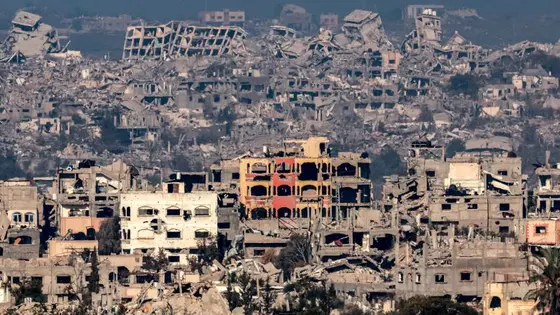T4K3.news
Macron rejects Netanyahu claim on antisemitism in France
France denies Netanyahu’s claim that recognizing Palestine fuels antisemitic violence and pledges measured diplomacy.

France's president rejects Netanyahu's assertion that recognizing Palestine fuels antisemitism in the country.
Macron rebuts Netanyahu claim of rising antisemitism in France
France’s president Emmanuel Macron pushed back on comments by Israeli Prime Minister Benjamin Netanyahu that antisemitic violence in France rose after Paris recognised a Palestinian state. In a late Tuesday statement, Macron’s office described the claim as erroneous and abject and said it will not go unanswered, urging seriousness and responsibility rather than generalisation and manipulation.
The dispute comes after Macron announced that France would become the first major Western power to recognise a Palestinian state at the United Nations General Assembly. Netanyahu condemned the move, saying France rewards terror and that a Palestinian state in these conditions would be a launch pad to annihilate Israel.
Interior ministry data show 504 antisemitic acts were reported January to May, a 24% drop from the previous year but a level that remains high compared with 2013. Tensions over Gaza and the war that began in 2023 have continued to shape debate at home and abroad. A recent incident, the felling of an olive tree planted in memory of a French Jewish man tortured to death in 2006, sparked outrage and drew Macron’s vow to punish antisemitic hatred.
Netanyahu also sent letters to Macron and Australia’s prime minister accusing them of fueling antisemitism with their Palestine policy. Australian Prime Minister Anthony Albanese responded by saying he would not take the charges personally and would continue to engage with other leaders in a respectful, diplomatic manner.
Macron has signaled further diplomacy, planning to co chair a conference on a two state solution with Saudi Arabia in New York in September, while criticizing Israel’s plans for a military offensive in Gaza which he warned could lead to disaster and a cycle of war.
Key Takeaways
"A Palestinian state in these conditions would be a launch pad to annihilate Israel – not to live in peace beside it."
Netanyahu on the Palestine recognition by France.
"The analysis suggesting that France’s decision to recognise the state of Palestine in September is behind the rise in antisemitic violence in France is erroneous, abject, and will not go unanswered."
Macron's office response to Netanyahu's claim.
"I don’t take these things personally. I treat leaders of other countries with respect. I engage with them in a diplomatic way."
Anthony Albanese on relations with foreign leaders.
"France protects and will always protect its Jewish citizens."
Macron on safeguarding Jewish communities in France.
The exchange shows how antisemitism is becoming a political tool in high level diplomacy. Macron’s stance is to keep Palestine recognition separate from domestic antisemitism while pushing for dialogue. That balance is delicate because the issue sits at the crossroads of security, human rights, and regional stability.
The risk is that hardline rhetoric from leaders on both sides could deepen public anger and complicate efforts to advance a two state solution. For France, the challenge is to protect Jewish citizens and maintain international credibility without appearing to punish or reward any side for violence. Public diplomacy will need steady messaging and verifiable facts to avoid fuel for backlash.
Highlights
- Diplomacy beats threats when lives hang in the balance.
- Protecting citizens is a duty not a political weapon.
- Peace needs steady hands not loud blame.
- Leaders choose dialogue over escalation.
Political risk from Palestine policy and antisemitism rhetoric
The confrontation over Palestine recognition and antisemitism has potential to trigger political backlash both domestically and internationally, complicating France's alliances and public discourse.
The road to peace is built with careful language as much as with political choices.
Enjoyed this? Let your friends know!
Related News
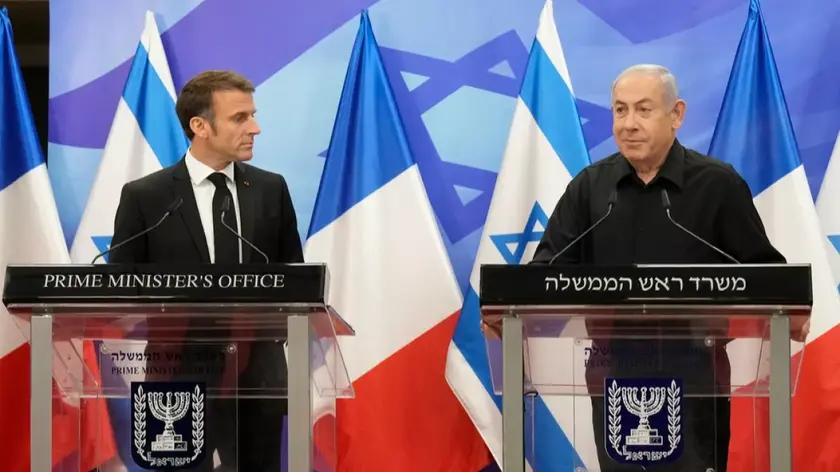
France Responds to Netanyahu Charge Over Macron Antisemitism
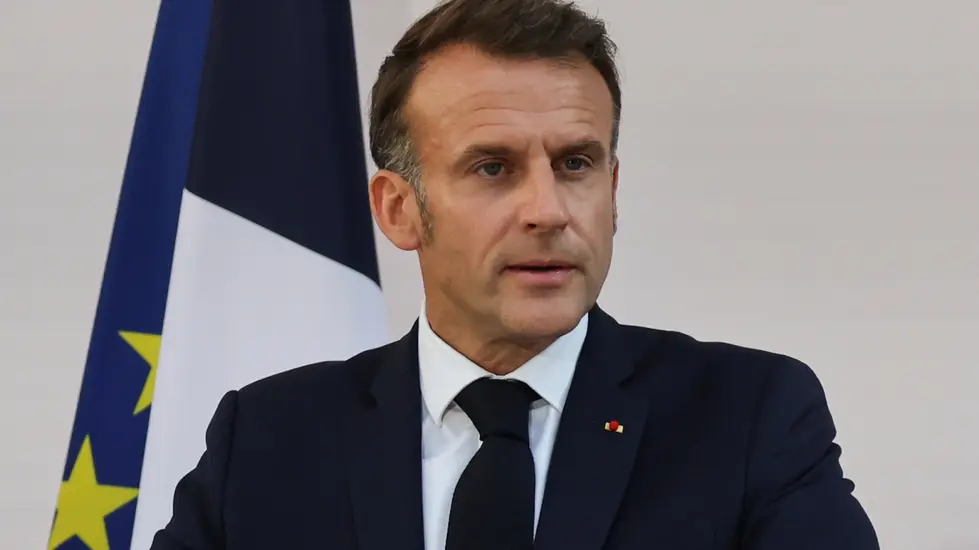
France officially recognizes Palestine as a state
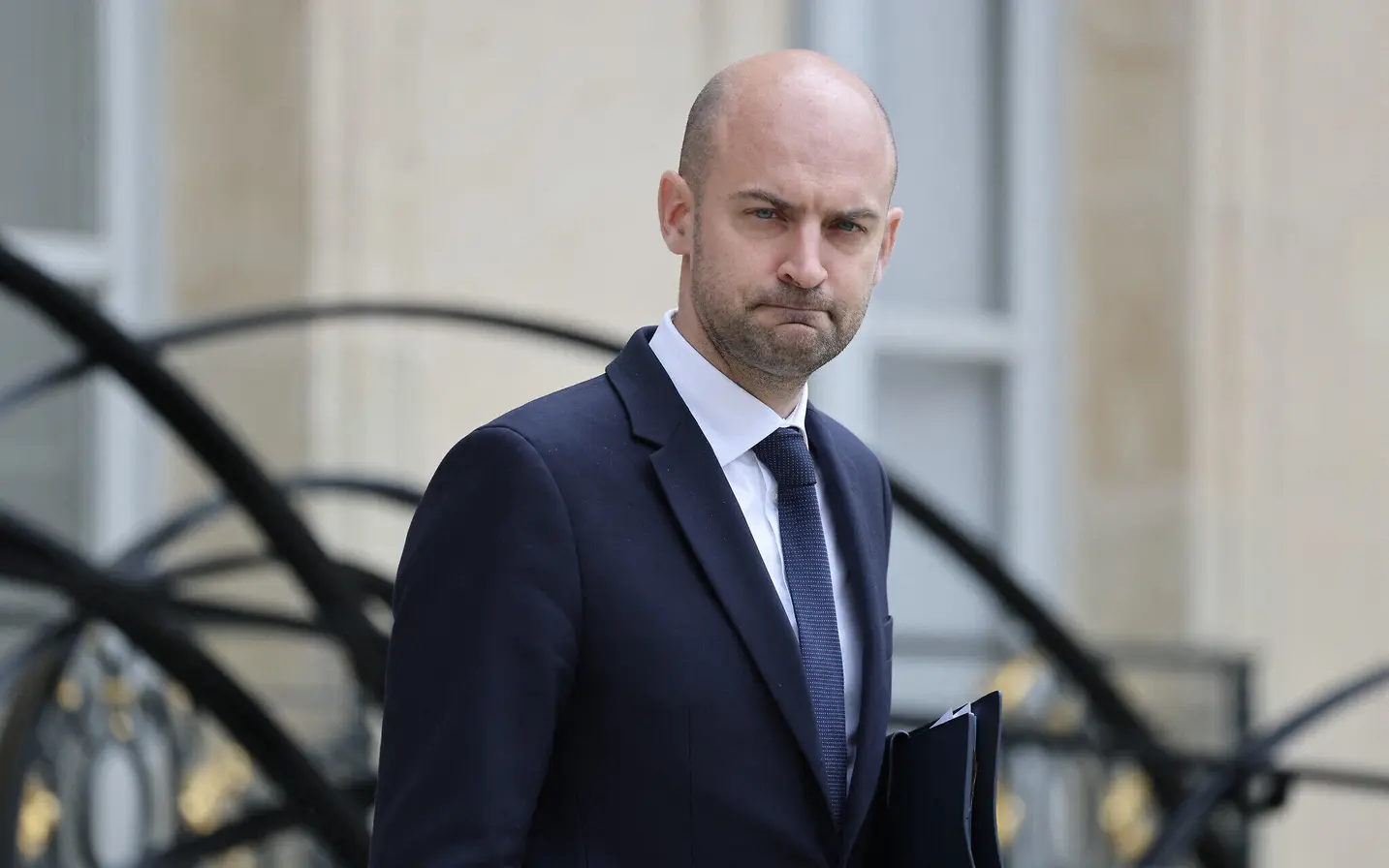
US Jewish groups reject meeting over French Palestine recognition
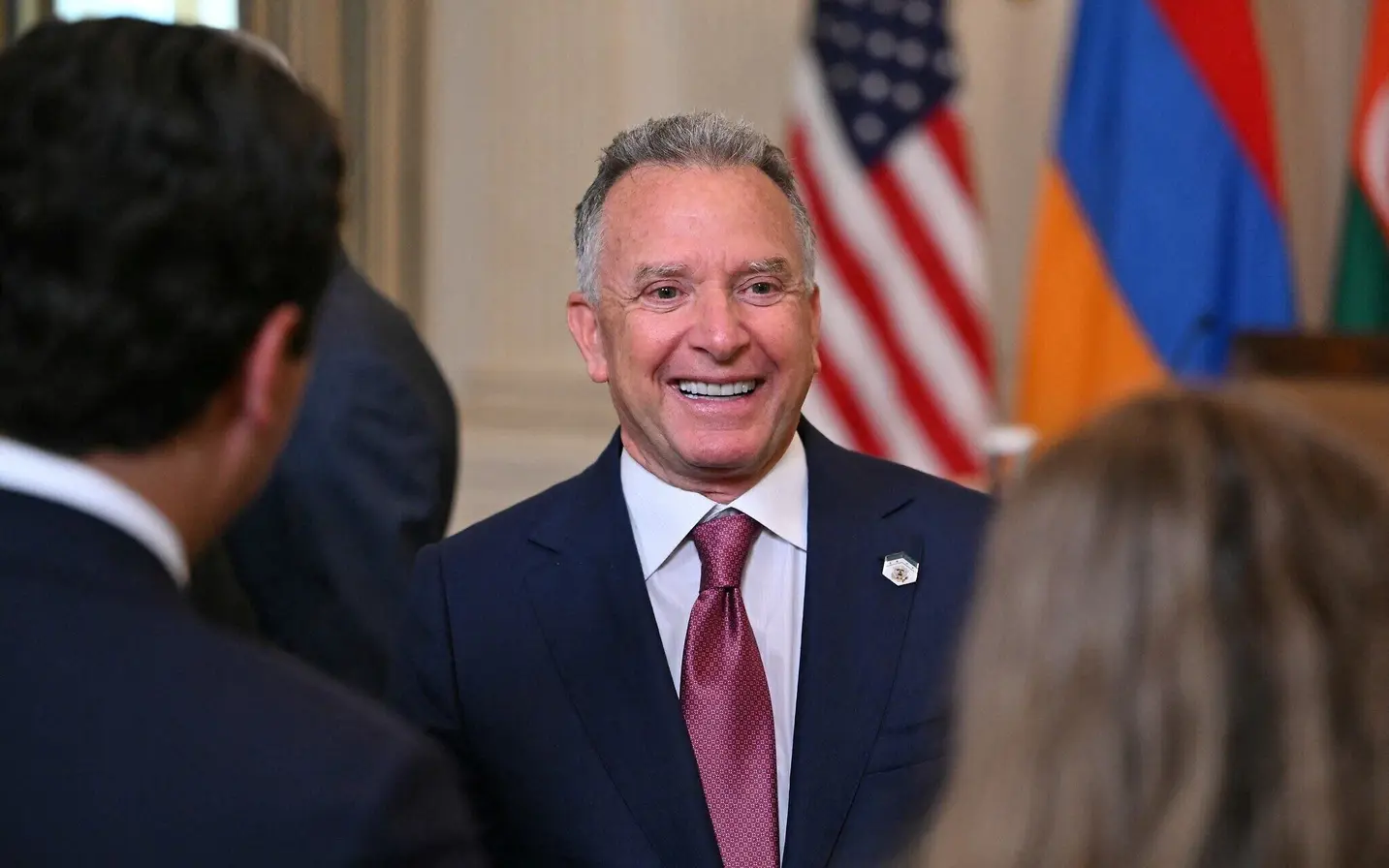
Diplomacy pressed as talks continue

Foreign aid to be airdropped in Gaza

US envoy Witkoff returns to the region amid negotiation efforts
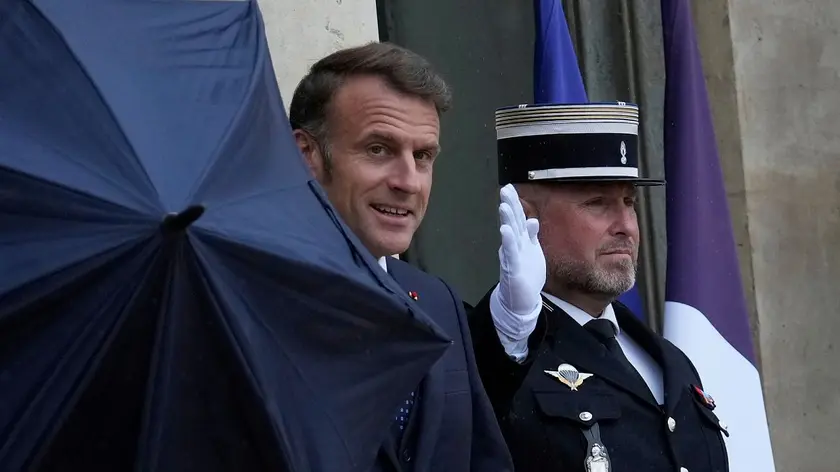
Macron announces France will recognize Palestine
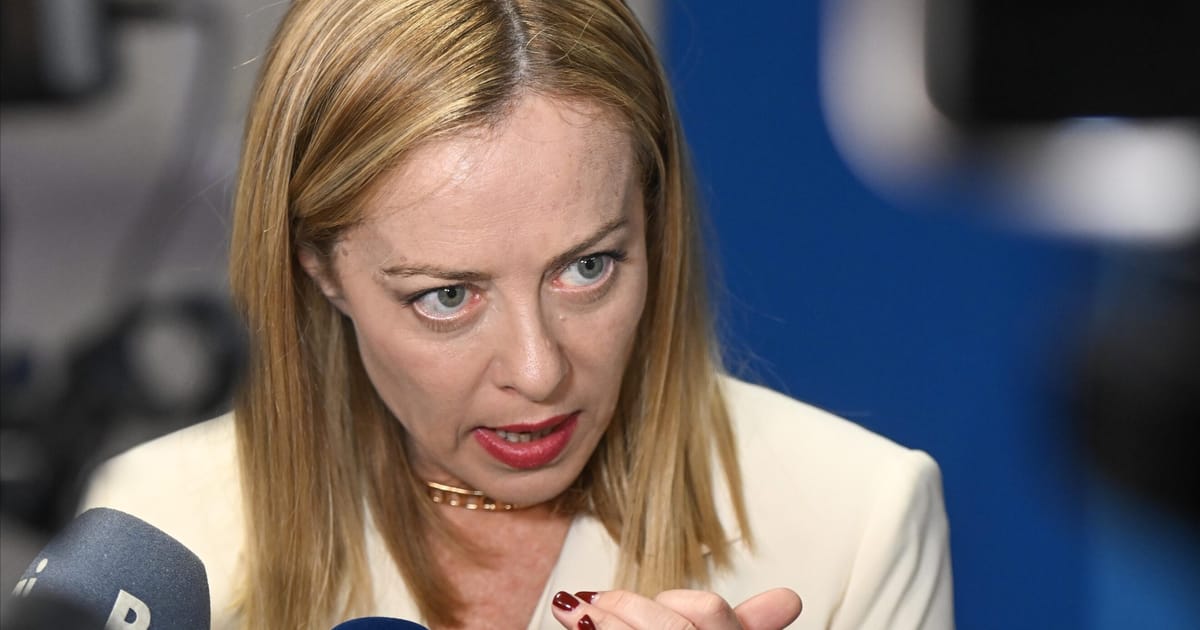
Meloni cautions against recognizing Palestine too soon
